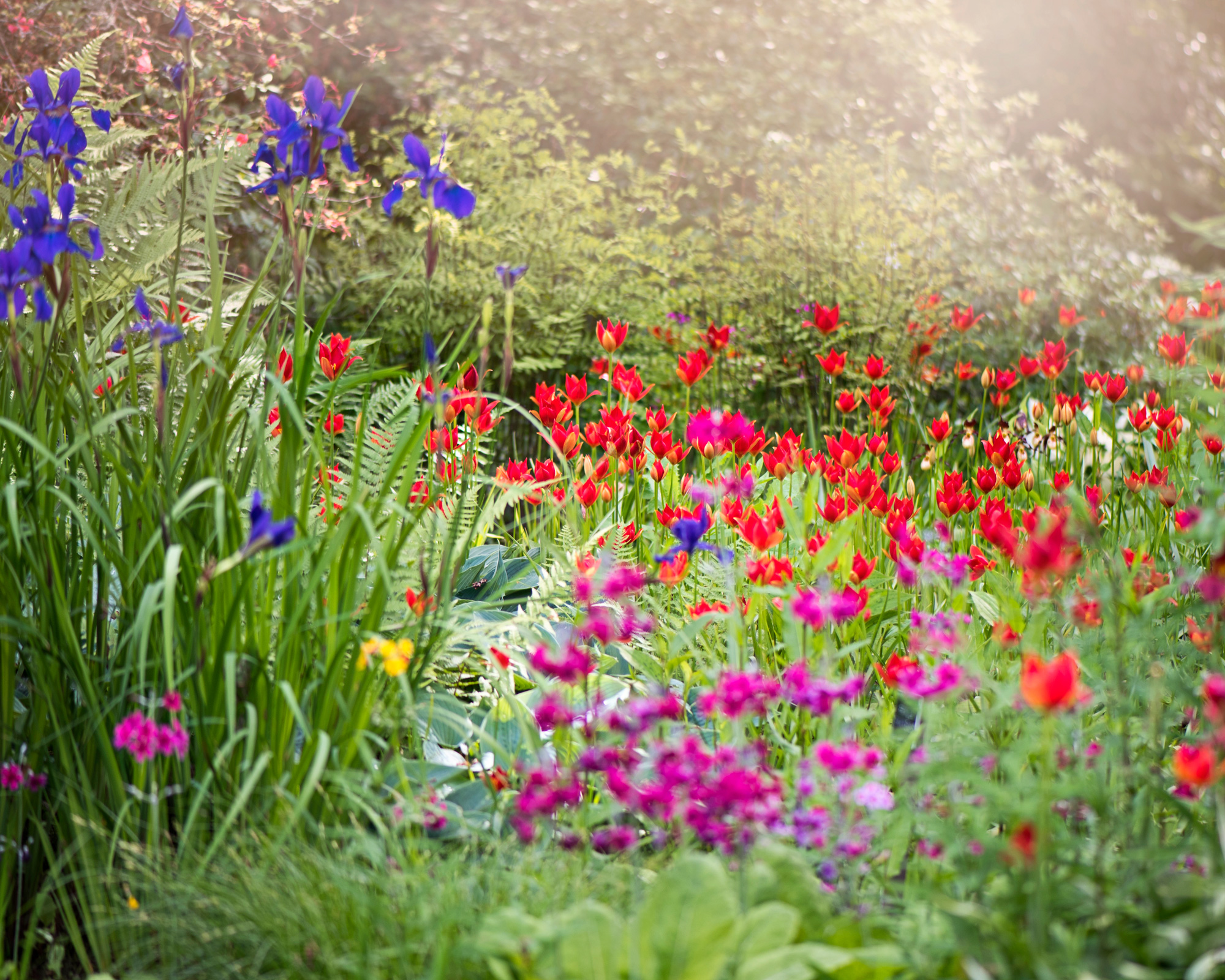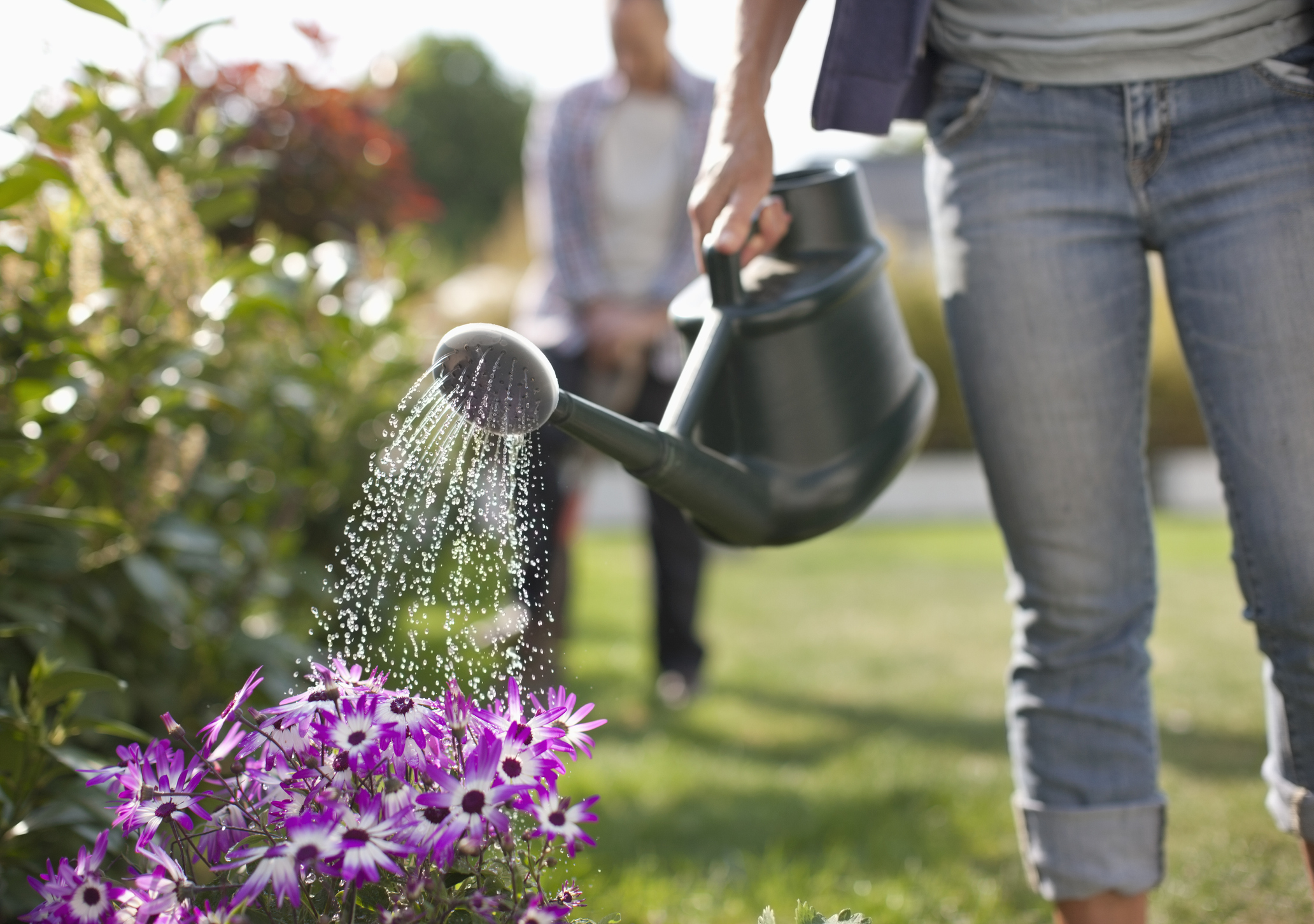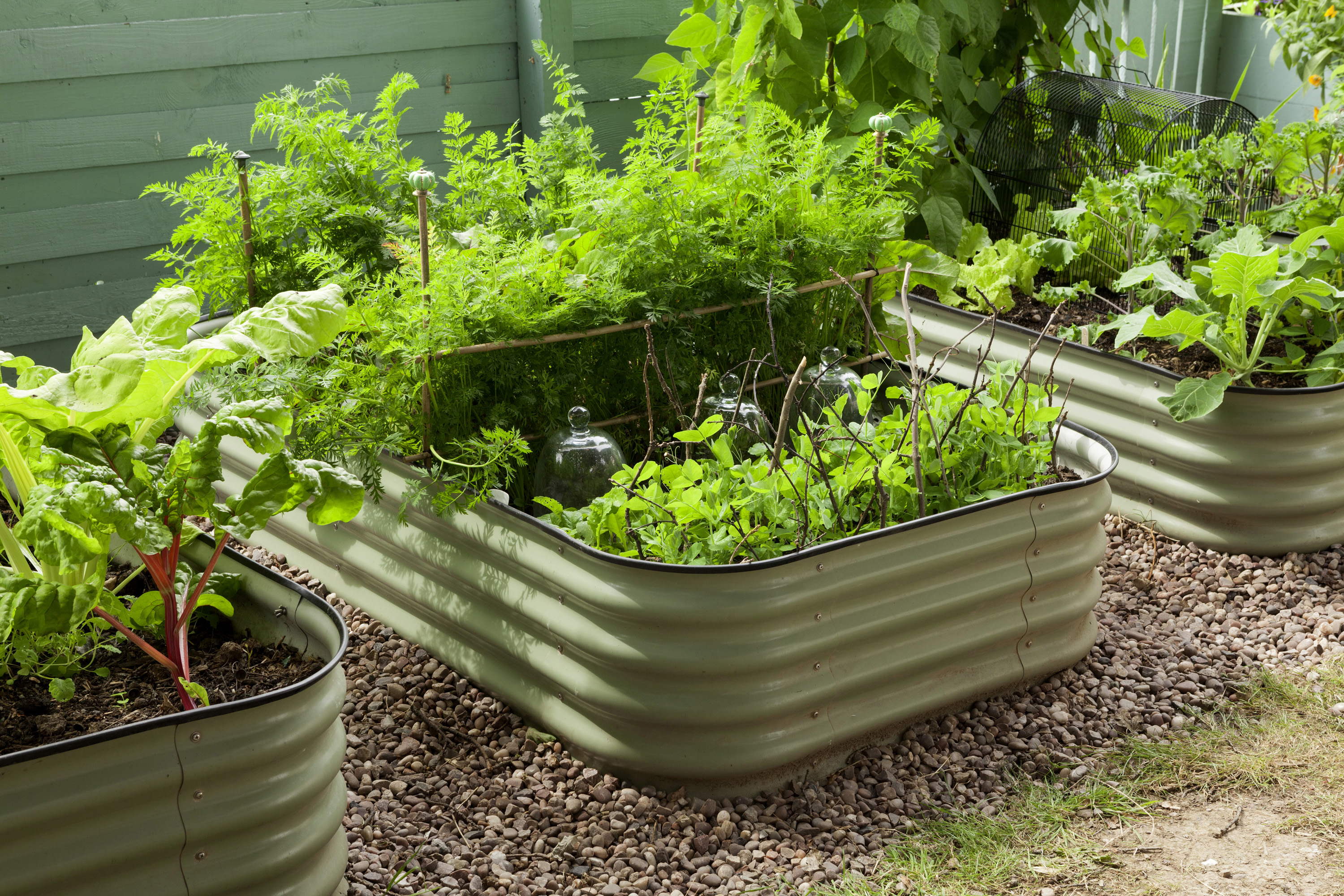These are the 3 top gardening mistakes, according to expert gardener Luke Marion
Luke Marion knows a thing or two about easy, successful gardening. Here, the expert outlines the most common mistakes that compromise your garden

The top gardening mistakes may not be what you think. Most people picture a neglectful gardener who doesn't water, neglects spring garden jobs like weeding, or otherwise doesn't bother enough about their garden. This is often not at all the issue, says Luke Marion, of MIgardener fame.
Luke is the founder of a successful seed business, but he also runs an informative gardening blog, a YouTube channel, and is also the author of a book, The Autopilot Garden: A Guide to Hands-Off Gardening, which promises to help you 'learn to break down traditional thinking and implement systems that will save time, hassle, weeding, water, and space wherever you live.'
As Luke often acknowledges in his blog posts and YouTube videos, gardening always comes with mistakes – it's just part of the process. Most are easily fixed, but you do need to know that you're making them in order to correct your errors. These are top gardening mistakes Luke advises against in a recent blog post.
1. Overwatering

This is the first and most deadly mistake, a form of killing your plants with kindness that so many gardeners make. Watering plants too much will kill them by causing root rot, so between plants that are a little dry and a little too wet, always choose the dry option. Luke writes: 'Plain and simple, the more water you give a plant, the more it is likely to die. As much as you have the urge to, DO NOT water your plants until you are 100% sure they are dry.' If you really can't tell, 'buy a moisture meter. I know this seems lazy, but it really helps!'
2. Over-fertilizing
This is a related mistake to overwatering, because it again assumes that more is more, when this is almost never the case with plants. Plants need just enough nutrients to thrive and giving them more is likely to cause chemical imbalances in the soil that will kill them.
Luke draws an analogy with an unhealthy diet: people can cope with eating too much, at least for a while, but plants can't: 'Plants don’t have the typical American diet where we eat more than our stomachs can handle. Plants are very smart and extremely efficient with the amount of nutrients they need to grow.' Follow instructions on the fertilizer packaging, and don't use more even if tempted.
3. Overcrowding

This one can be very difficult to resist for people who prefer dense planting schemes and a natural-looking garden. This particularly applies to small vegetable garden ideas, as Luke points out: 'yields can be decreased by a huge amount if they are crammed to close together. The problem with it comes from lack of nutrients. There is a shortage, and therefore only a few plants will take the nutrients leading to wasted plants, space, and reduced air circulation between plants.'
So, if the seed packet tells you that you need a whole two feet per packet, then that's what this particular plant needs. Don't think that because the seeds are small, the instructions must be wrong. Flowering or fruit-bearing plants need a tremendous amount of energy to develop, so give them as much space as you can.
Anna writes about interior design and gardening. Her work has appeared in Homes & Gardens, Livingetc, and many other publications. She is an experienced outdoor and indoor gardener and has a passion for growing roses and Japanese maples in her outside space.
